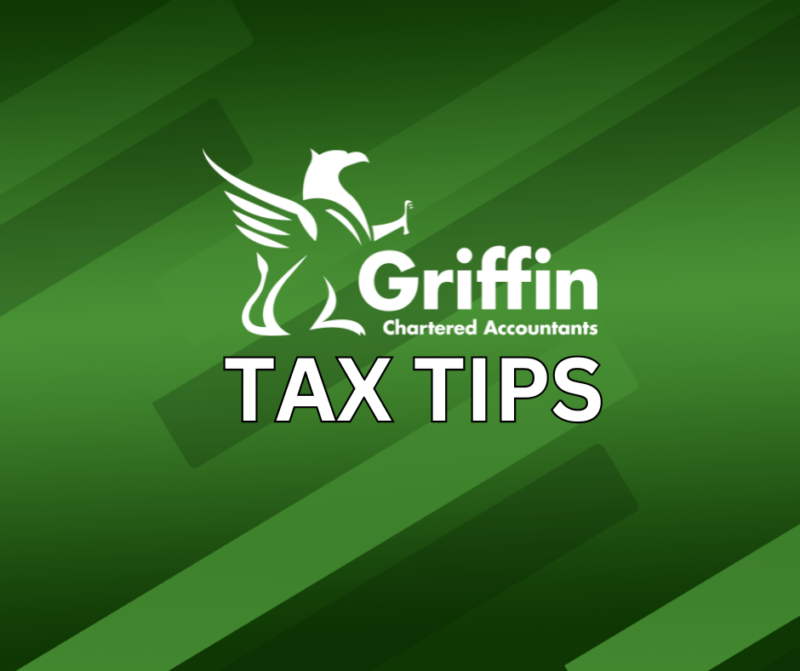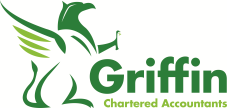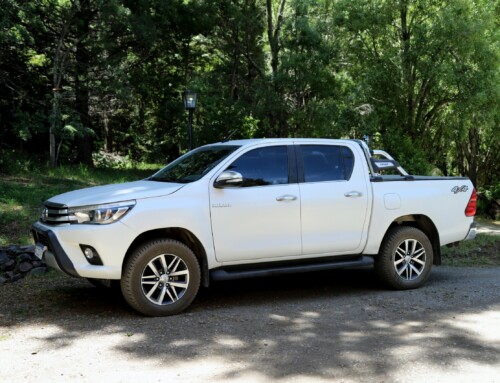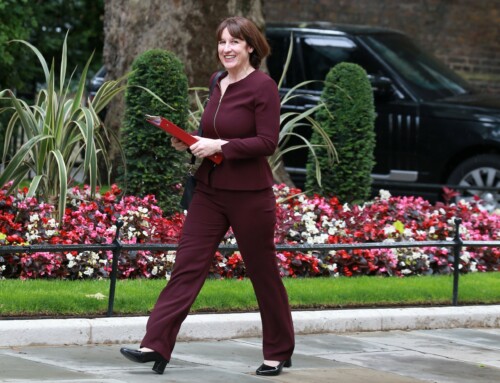Tax Tips Ahead of the New Tax Year

Approaching the end of the tax year, most business owners are looking for ways to bring their tax bill down. Here are our Top 5 Tax Tips for 2025:
- Maximise your pension contributions
Companies can make employer pension contributions on behalf of the directors and these payments are tax-deductible for corporation tax. This reduces the company’s overall taxable profits, which in turn reduces the company’s corporation tax liability. As of the 2024/25 tax year, the Corporation Tax rate is 25%, so any contributions made by the company can directly lower its annual corporation tax liability.
The directors do not pay Income Tax or National Insurance (NI) on employer contributions, up to contributions of £60,000 per annum (Utilising your 3 years carry back claim). Therefore, there is no immediate personal tax liability when the company contributes to the directors’ pension scheme.
- Advantages of trivial benefits
Offering your staff trivial benefits has many advantages, including some of the following:
- A generous allowance: Each employee (including directors) can receive trivial benefits or gifts up to the value of £50.
- No tax or any NI payments: Because trivial benefits are so small they’re exempt.
- Directors can’t receive trivial benefits worth more than £300 in a tax year.
- Have you thought about electric cars for your business?
With the technology behind electric vehicles improving year on year, it’s no surprise that switching to an electric car is an increasingly enticing option for drivers. As well as the environmental benefits, as a business owner, it could also make a lot of financial sense.
The main financial advantages are:
- Extremely low benefit in kind rate which is currently set at 2% for Zero emission vehicles
- The company can often claim the whole purchase price of the car as tax deductible in the year of acquisition
- Government grants available for EV chargers at the workplace (https://www.westexesolutions.co.uk/post/unlocking-the-benefits-a-guide-to-ev-charger-grants)
- Reduced running costs, compared to petrol or diesel cars
- Corporation tax savings
If your business purchases a new and unused electric car (Ex demo vehicles also qualify) outright or via hire purchase, it can claim 100% of the cost against the profits in the year of purchase, so can result in a significant corporation tax saving. It is worth noting that ex demo cars also qualify and have a lower purchase price.
Businesses can also claim capital allowances for the cost of installing electric vehicle charging points at both the work premises and director’s home address.
The benefit in kind rate for electric cars is extremely low, at only 3% (From April 2025) of the list price. This makes it significantly more tax efficient compared to petrol or diesel alternatives, which have BIK rates of up to 37%.
- Timing of capital purchases
The purchase of large capital items may significantly reduce a company’s pre-taxable profits, reducing the amount of taxes owed to HMRC. Timing is everything, as Corporation tax is payable 9 months and 1 day from the company year-end. Therefore, if you purchase assets before the year end, you get the tax saving 12 months earlier. This can be especially beneficial for companies that anticipate being in a higher tax bracket for corporation tax or those that are operating at a strong profit margin.
If the company does not have the cash available, you could consider purchasing these assets on hire purchase/finance lease. Such purchases still qualify for 100% tax relief, even though they are paid for over a period of time.
- Double cab pick-ups: Make the most of the beneficial treatment before its gone
From 6th April 2025, double cab pickups will generally be treated as cars for capital allowance and employment benefit purposes. This will reduce capital allowances (AIA relief claimed by companies) and increase benefits in kind (Tax suffered by individuals). As with all cars, this means they will be subject to benefit-in-kind (BIK) tax, which is calculated based on the vehicle’s CO2 emissions and list price.
Here are some key points:
- The BIK tax rates will be higher, with rates ranging from 3% for zero-emission vehicles to 37% for vehicles emitting 160g/km or more. The majority of double cab pickups are run on diesel and will be at the upper end of this range.
- The existing capital allowances treatment will apply to those who purchase double cab pick-ups before April 2025, until the earlier of disposal, lease expiry, or 5 April 2029. Therefore, if you’re thinking of buying one make sure you do it before April 2025.
- Diesel models not complying with Real Driving Emissions Step 2 standards will face an additional 4% surcharge.
If you purchase, lease, or order a double cab pick-up before 5th April 2025, the current tax rules will continue to apply until one of the below is triggered (Whichever comes first):
- You dispose of the vehicle,
- The lease expires, or
- The lease overruns 5th April 2029
This transitional period provides some breathing room for businesses and employees who act quickly. However, vehicles financed on long-term leases may still face the new rules if the lease extends beyond 5th April 2029.
If you would like to know more about any of the above, please feel free to contact office@griffinaccountancy.co.uk





